Turnover edged up slightly to £1.15bn, but Hill’s net assets soared to £432m as the group poured more into land investment and new homes delivery.
Over the year to March 2025, Hill delivered 2,811 homes across southern England and the Midlands, and now controls a development pipeline of more than 32,000 plots – with an estimated future revenue of £12.5bn. Around 10,200 of these plots already have planning consent.
Hill, which employs nearly 900 staff, also expanded into the build-to-rent market for the first time, agreeing two forward-funded deals in Stevenage and Dagenham with Peabody, totalling 629 rental homes.
Group cash ended the year at £118m, with zero borrowings drawn on its £220m revolving credit facility.
Operating profit jumped to £85m (2024: £52.8m), helped by stronger margins at Hill Residential and improved performance at Hill Partnerships, especially in the London and Special Projects regions.
The group invested £78m in new land during the year, securing strategic options on over 6,000 homes, while land and work in progress values ballooned to £639m.
Joint venture activity remains central to Hill’s strategy, with seven live investment partnerships including regeneration schemes in Cambridge, South Cambridgeshire, Harlow and Basingstoke.
Hill is now preparing to roll out its 2025–2030 five-year business plan, aiming to cement its place as a top 10 house builder.
Its full-year private homes order book is already 40% secured.
Chairman Andrew Hill said the company’s mix of tenures, strong balance sheet and partnership approach left it “well positioned to make the most of market conditions in years to come, whatever they may bring.”

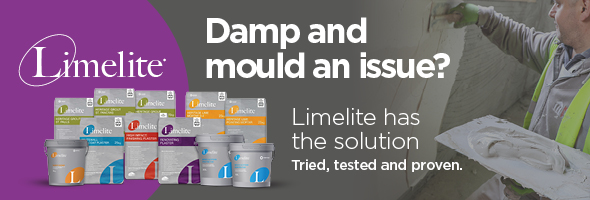








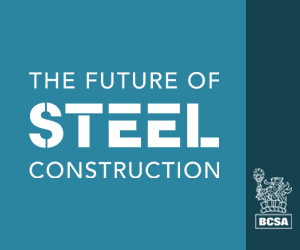


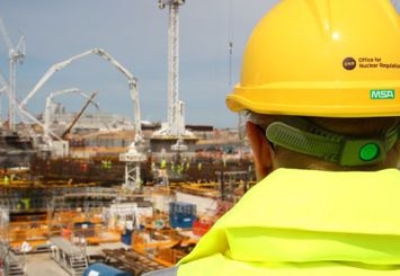
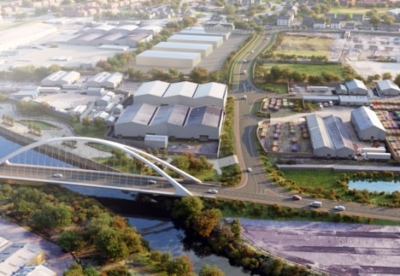


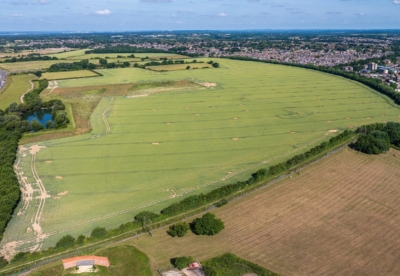
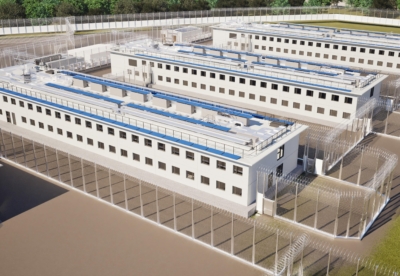

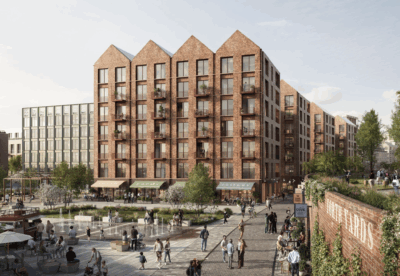
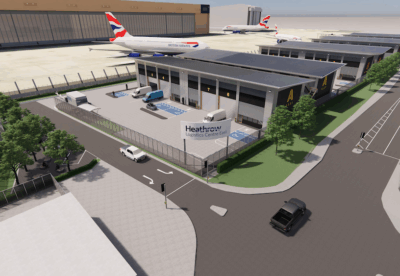

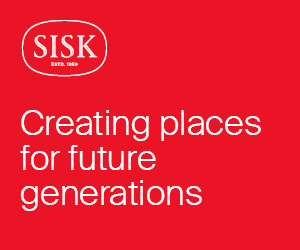
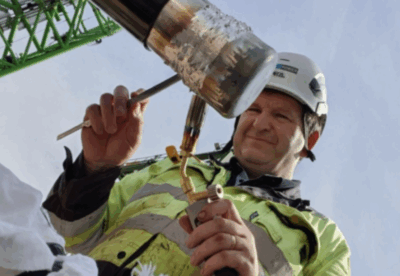
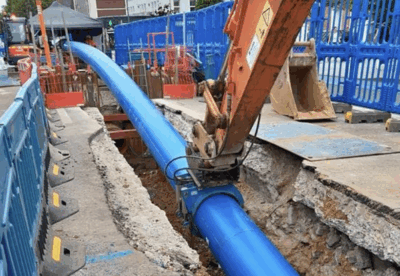
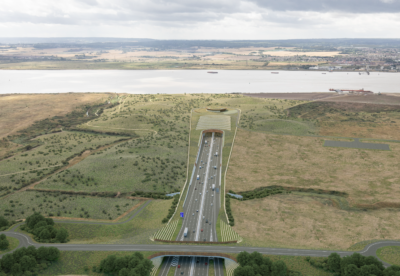

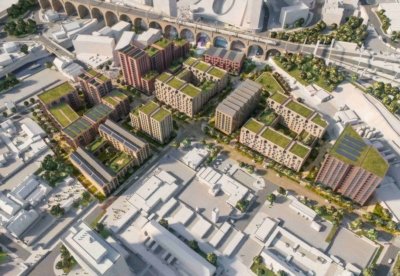



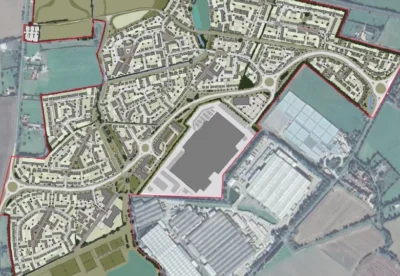

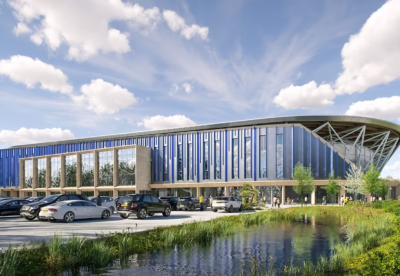




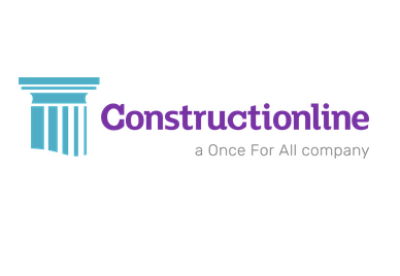

 (300 x 250 px) (2).png)


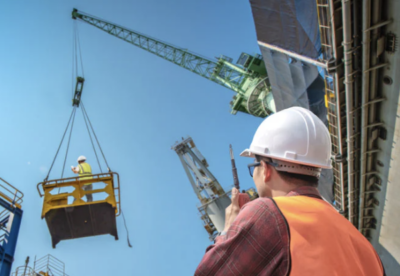

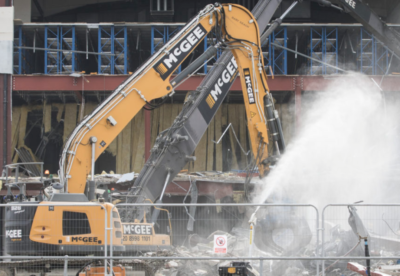
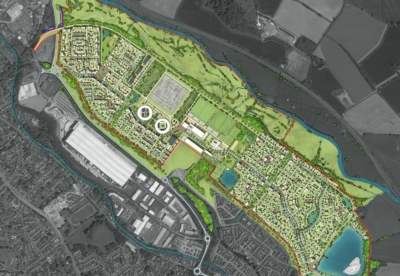
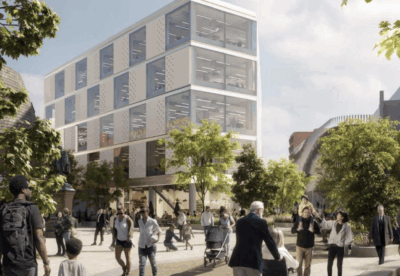






.gif)